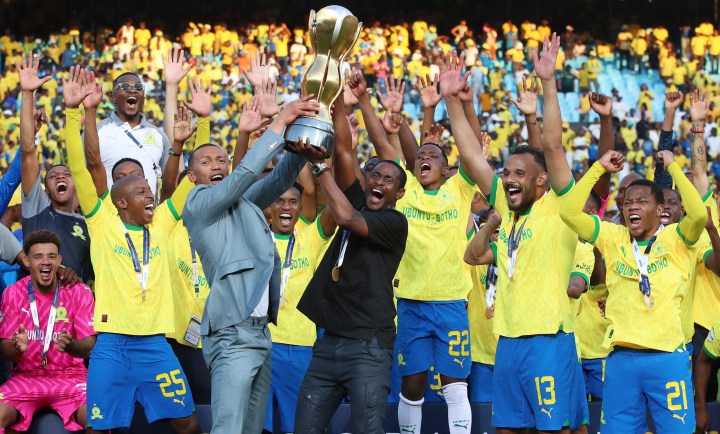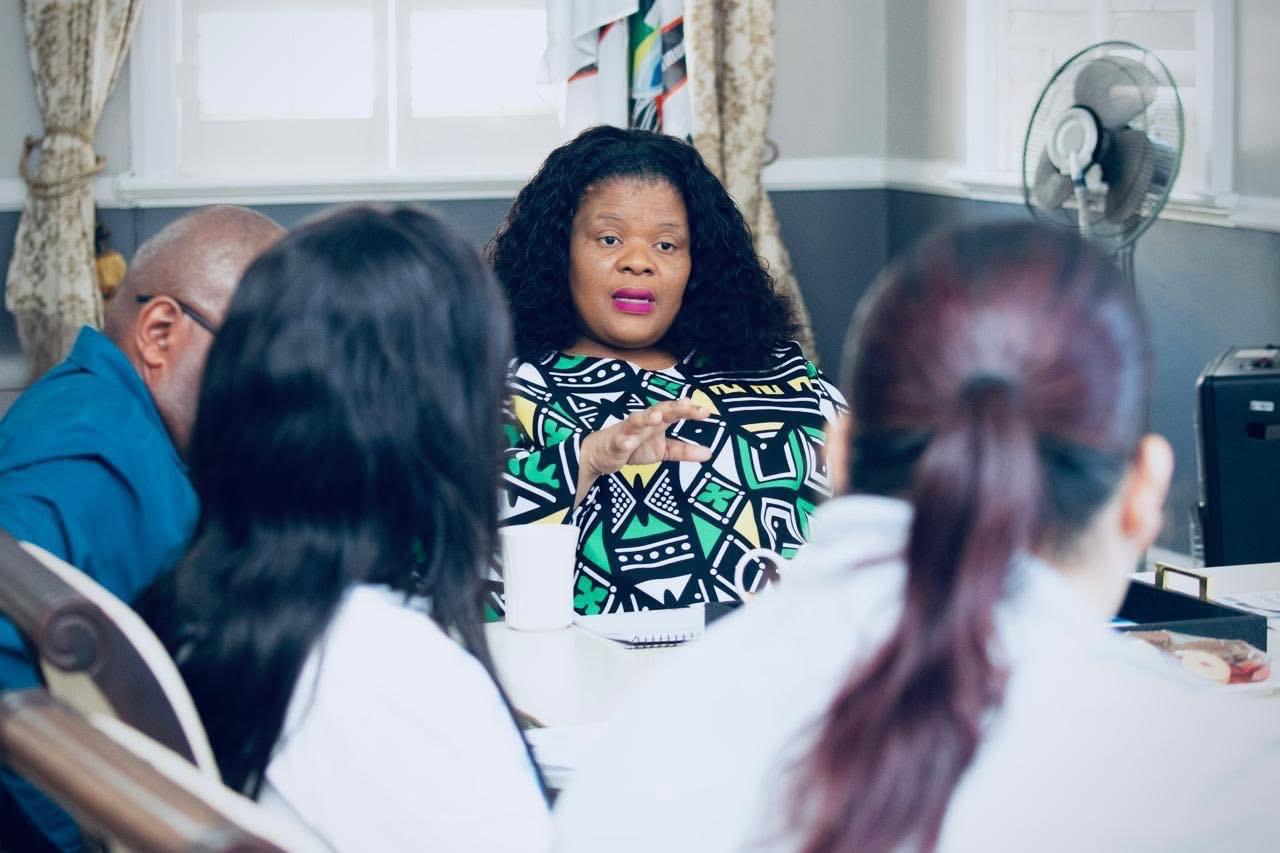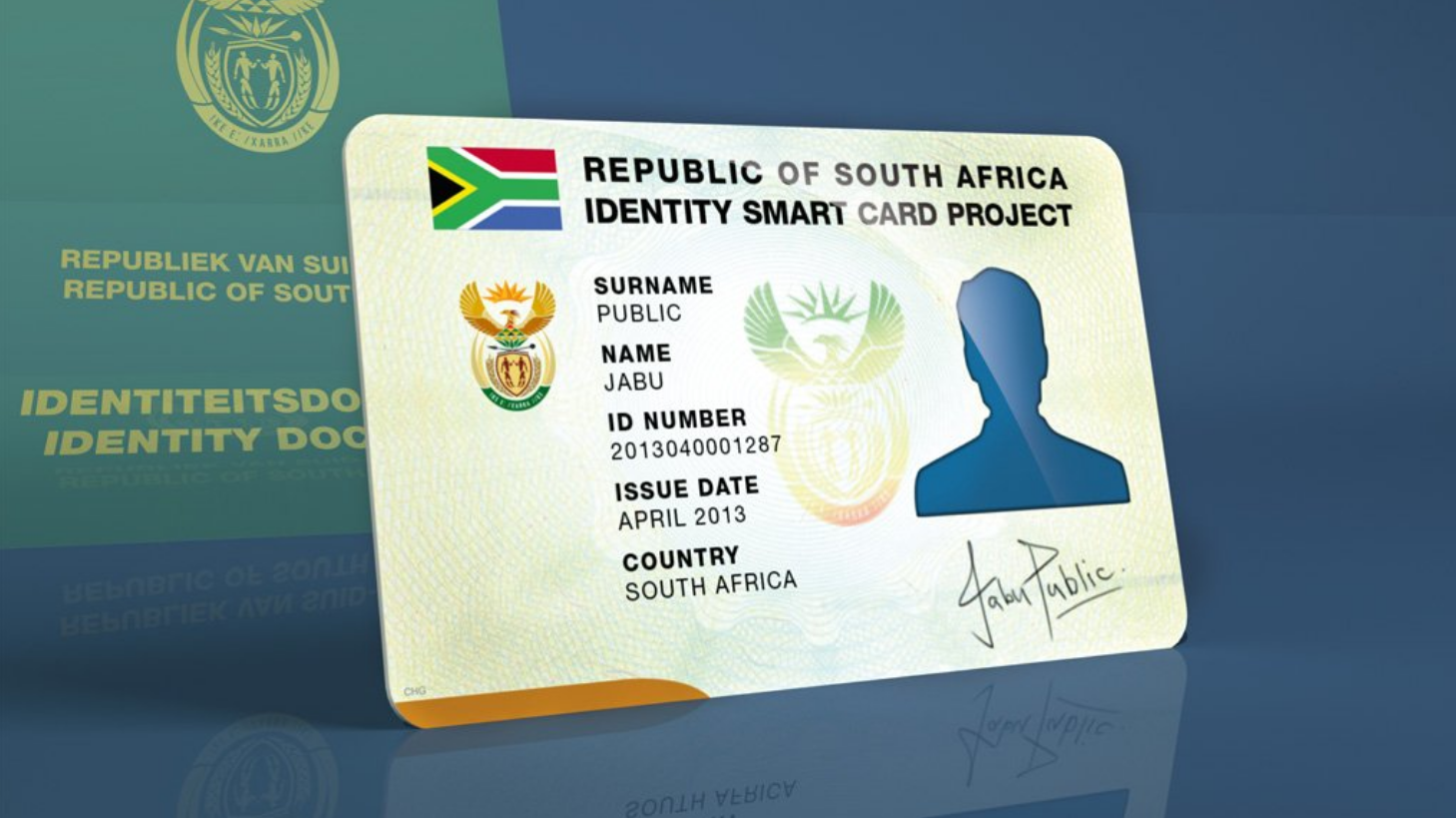WHAT HAS CARDOSO DONE FOR SUNDOWNS?

By Thulane Madalane
In the world of football, the pressure for success is immense, and no one feels it more acutely than coaches at top clubs. Recently, I was reminiscing about a conversation with my former colleague, Larry Phora, a die-hard Kaizer Chiefs fan and a fervent supporter of his team’s coaches. When Giovanni Solinas took over from Steve Khompela, Larry hailed him as a potential game-changer, akin to “the next big thing after a slice of bread.” Out of curiosity, I asked what Solinas had achieved as a football manager. Larry promptly turned to Google, only to discover that the Italian coach had a blank slate devoid of significant accolades.
Fast forward to today, after Mamelodi Sundowns’ humiliating defeat to Pyramids FC in the CAF Champions League, I felt compelled—similar to Larry—to investigate the credentials of the current Sundowns coach, Miguel Cardoso. His accomplishments are impressive: he has won the Ukrainian Championship, the Ukrainian Cup, the Tunisian Championship, and, most recently, the South African Championship with Sundowns. However, questions remain about whether these successes translate into a proven ability to lead a club of Sundowns’ caliber at critical moments.
In stark contrast, last year around this time, coach Rhulani Mokwena was unceremoniously relieved of his duties as head coach of Mamelodi Sundowns. His departure was attributed to the team’s disappointing performance in the CAF Champions League. The club cited “objectives and expectations” of the organization in their statement; however, Mokwena’s record speaks volumes. He had won four league titles, the inaugural AFL title, and played a pivotal role in winning the CAF Championship as an assistant coach to the legendary Pitso Mosimane.
Mokwena’s style consistently garnered admiration both domestically and across the African continent, establishing Sundowns as a dreaded opponent, a fact acknowledged by other coaches during post-match interviews. In contrast, Cardoso’s tenure has faced scrutiny due to questionable tactical decisions. His persistent deployment of players like Aubrey Modiba, who have compromised the team’sperformance in critical matches, raises concerns. Additionally, leaving out experienced players like Themba Zwane—an asset who evokes comparisons to Andrés Iniesta among Sundowns fans—reflects a mismanagement of talent. At this juncture, one wonders if management should rethink its approach, much like Real Madrid did when they rehired Carlo Ancelotti during a challenging season.
It’s critical for the team and its management, particularly Chairman Thlopie Motsepe, to reassess the situation. The stakes are high, Sundowns seeks not only domestic success but also the opportunity to compete on the global stage, such as the Club World Cup. African football should not be treated as a testing ground for underperforming coaches from Europe.
If Sundowns is serious about challenging for honors on the continent it must reinstate Mokwena, a move that would echo the decision-making prowess of clubs striving for excellence. Additionally, it could rekindle Sundowns’ legacy as a powerhouse in African football, ensuring they aren’t merely a competitor but a formidable force.










